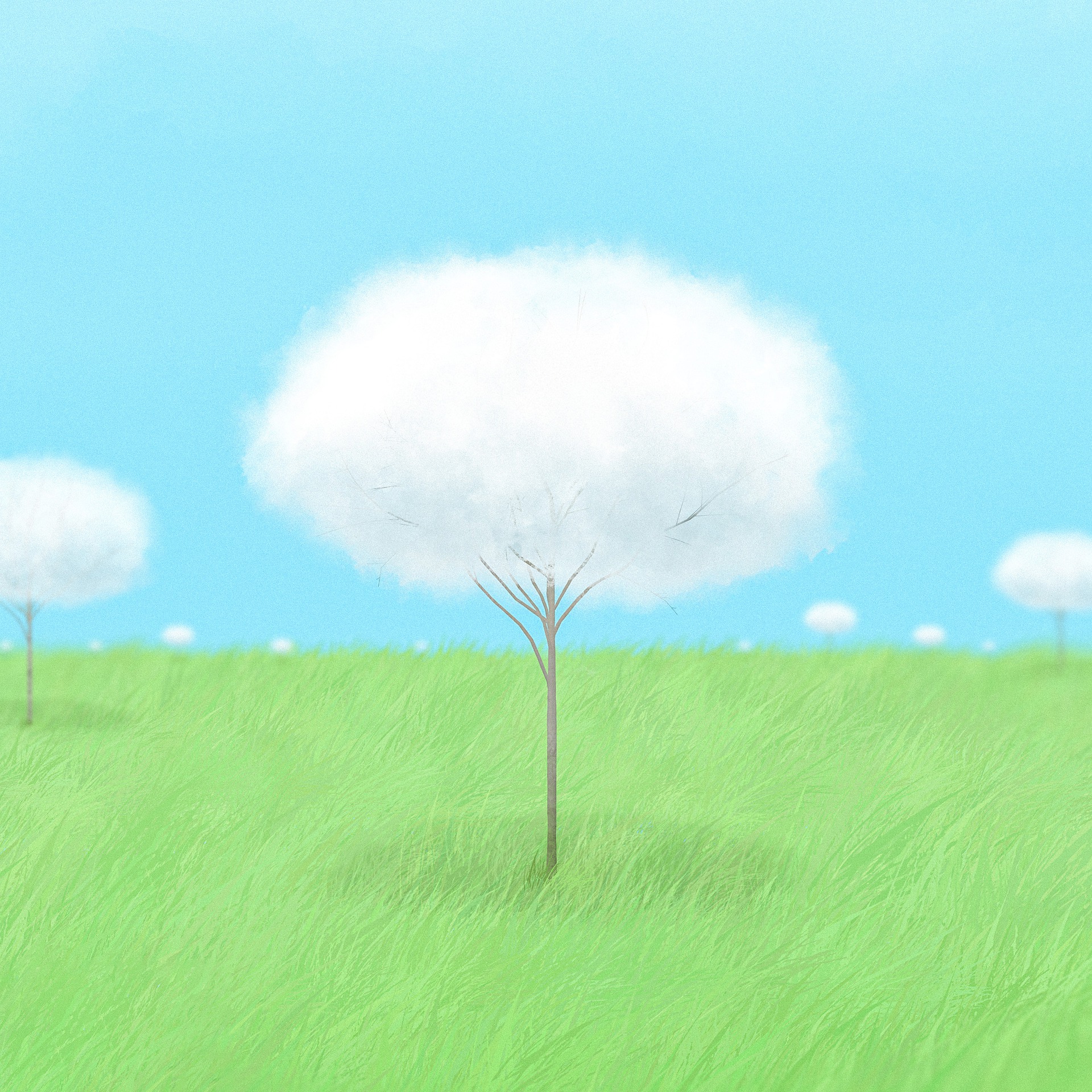In South Africa, praise poets are cultural icons who use the art form to entertain and conserve social consciousness. West African troubadour-historians, whose significant societal roles include preserving genealogies and historical narratives, use praise songs in their repertoire. In a literary sense, rhythmic poetic devices capture intuitive nuances that ordinary language can constrain. And it is perhaps through combining those tools with cultural references that make works by contemporary African poets so powerful.
The intimacy of experiencing poetry is partly what makes great poets unforgettable. In the way writing the words is a cathartic release for them, audiences get drawn in by their ability to articulate a range of emotions with clarity. Storytelling that accounts for emotion, with the same intensity that it does detail, creates a boundless human connection that has a resonance not hinged on familiarity. That is how poetry can remind us that our human experiences are connected even when our narratives differ.
In conversation with Maverick Life, poet Johann de Lange, editor-in-chief of the AVBOB Poetry Project, noted that history alone does not tell the full human story.
“The arts form the other half, and language is the most human thing we have. It is so completely tied up with who we are and where we are. And that makes poetry a very powerful medium of expression.”
That is the thinking that brought about AVBOB’s Poetry Project, an annual competition that invites entries in the 11 official South African languages. In 2017, the project was launched to address the muteness many feel in the face of loss, and with the issues South Africans have faced as a collective. For them, it is important to create a platform that becomes a place for ordinary South Africans to speak their truth.
“A poem is a way one can look through the eyes of another person and be affected. Poems that make me aware of the poet’s love and respect for language stand out for me. Language is not just this transparent medium you use to say things; it is the brush, the paint and the canvas. It creates reality,” said de Lange, adding that this is a particularly exciting time when publications and institutions are broadening their scope by supporting more writers who also use indigenous languages.
Speaking to some of the prize winners from previous years, it’s clear that poetry reinforces a strong sense of identity and allows them to process feelings that they then explore through different themes.
“Expressing my art in Tshivenda feels like safeguarding the language of my forebears. I articulate myself more freely,” said Ngwedzeni Tshovhota, whose poem U bebwa ha lutshetshe won in the Tshivenḓa category in 2017. Tshovhota started writing in high school to get a better grasp of the readings they were prescribed. He has since had work published in poetry collections.
Thatayaone Dire discovered his aptitude for poetry in primary school. “In Grade 6, my teacher asked me to do a performance for the class. I recited my traditional clan poem and fell in love with poetry from that day. It also helps me express my feelings and emotions.” His poem Ke a Dira won in the 2019 Setswana category of the AVBOB Poetry Competition.
Navigating emotions can be mysterious and lonely for even the most sensitive among us. Soil science graduate from Stellenbosch University, Nokukhanya Mahlalela, found her release through poetry.
“I started writing when I saw that expressing myself brings healing. I got introduced to the works of my favourite poet, JJ Ncongwane, in school and the idea felt within reach.” For someone who doesn’t easily share her innermost thoughts, he loves that she can take her time with her words. “I can reread and rewrite until I have the right words to communicate the situation and that helps me make sense of things.”
Halalisile Mkhize, a primary school educator with one poetry and four short story anthologies published, finds writing poetry empowering. “I read one of Ncamisile Makhambeni's books and was surprised to learn that women can also write, and that motivated me to start. Writing in isiZulu makes me feel like I’m contributing to pushing the language forward,” she said. She won in last year’s isiZulu category.
Sepedi poet, Mosima Phakane, says that the pride she feels knowing that she’s upholding a family tradition keeps her going “I remember the looks on my parents’ faces when I first read them my poetry... that is what keeps me writing. My father told me I remind him of my grandmother who used to recite poems during gatherings.”
Poetry is closely linked to our most important rituals. At its best, it creates empathic exchanges that persuade us to honour the complexities of the lived experience.
The AVBOB Poetry Competition has an online library with over 10,000 poems. They have produced a print anthology that features 100 original poems with translations, and they plan to launch a 13-part docu-series on a few of the winning poets this year. DM/ML/ MC




 Image by Cdd20 for Pixabay
Image by Cdd20 for Pixabay